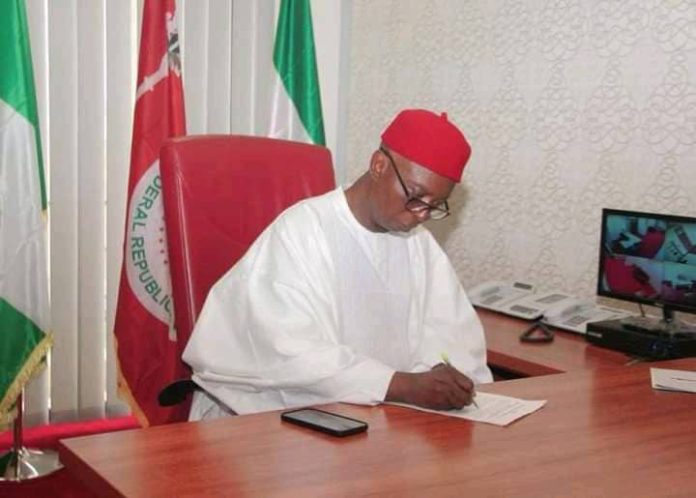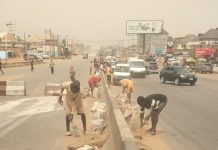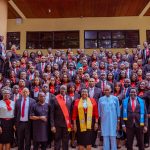BY AUSTIN OYIBODE
Senator Ned Nwoko, representing Delta North and chairing the Senate ad-hoc committee on crude oil theft, has called for a public hearing on the escalating issue of crude oil theft in the Niger Delta.
This region, home to Nigeria’s vast oil reserves, has long struggled with environmental degradation and socio-economic hardships.
Crude oil theft, orchestrated by sophisticated criminal syndicates, poses a severe threat to Nigeria’s economy and the sustainability of the oil-rich region.
Senator Nwoko’s initiative seeks to expose the full extent of this menace and chart a sustainable path toward its resolution.
The Economic and Environmental Impact of Oil Theft
Nigeria, one of the world’s leading oil producers, relies heavily on crude oil revenue. However, oil theft, commonly known as “bunkering”, has become a major challenge, fueling corruption and illicit trade.
Stolen crude is often sold on the black market or smuggled abroad, depriving the nation of critical revenue.
Beyond the economic losses, oil theft has devastating environmental consequences. Illegal tapping of pipelines leads to frequent oil spills, contaminating farmlands, polluting water bodies, and destroying biodiversity.
Local communities, heavily reliant on agriculture and fishing, bear the brunt of this destruction with little to no compensation.
The Need for a Public Hearing
Senator Nwoko argues that while the Nigerian government has made efforts to curb oil theft, a more structured, transparent, and inclusive approach is necessary.
He envisions the public hearing as a platform for all stakeholders, including government agencies, security forces, oil companies, and local communities, to collectively address the root causes of oil theft and develop effective solutions.
Security remains a major concern. Despite a strong military and law enforcement presence in the Niger Delta, oil theft persists, often due to collusion between syndicates and powerful individuals.
Nwoko emphasizes the need for security agencies to be held accountable and for oil companies to take greater responsibility in securing their assets.
Holding Stakeholders Accountable
A key component of the hearing will be ensuring that oil companies strengthen their security measures, invest in better infrastructure, and collaborate with local communities.
Greater accountability from both public and private sectors is essential in tackling the issue.
Moreover, the senator stresses that addressing oil theft is not just about economic and environmental concerns, it is also about political accountability.
The Nigerian government must take a more active role in safeguarding the Niger Delta’s resources and ensuring that the benefits of oil extraction are equitably distributed among the people.
Challenges and the Way Forward
The call for a public hearing is likely to face resistance from those benefiting from oil theft, including corrupt officials and criminal networks.
However, Nwoko believes that only through transparency and public engagement can lasting solutions be achieved.
The hearing is scheduled for April 28th and 29th, 2025, at the National Assembly Complex, Abuja. Several key government agencies, security forces, industry stakeholders, and community representatives have been invited to submit memoranda and participate in discussions.
These include the NNPCL, CBN, NUPRC, NIMASA, NPA, Nigeria Customs Service, Nigerian Armed Forces, DSS, NSCDC, Nigerian Police, NEITI, OPTS, IPPG, IOCs, OML operators, shipping lines, crude oil lifters, commercial banks, security firms, oil and gas-producing states, and local communities.
Senator Nwoko’s push for a public hearing underscores the urgent need for a comprehensive, multi-stakeholder approach to end crude oil theft and restore economic and environmental stability to the Niger Delta.

















